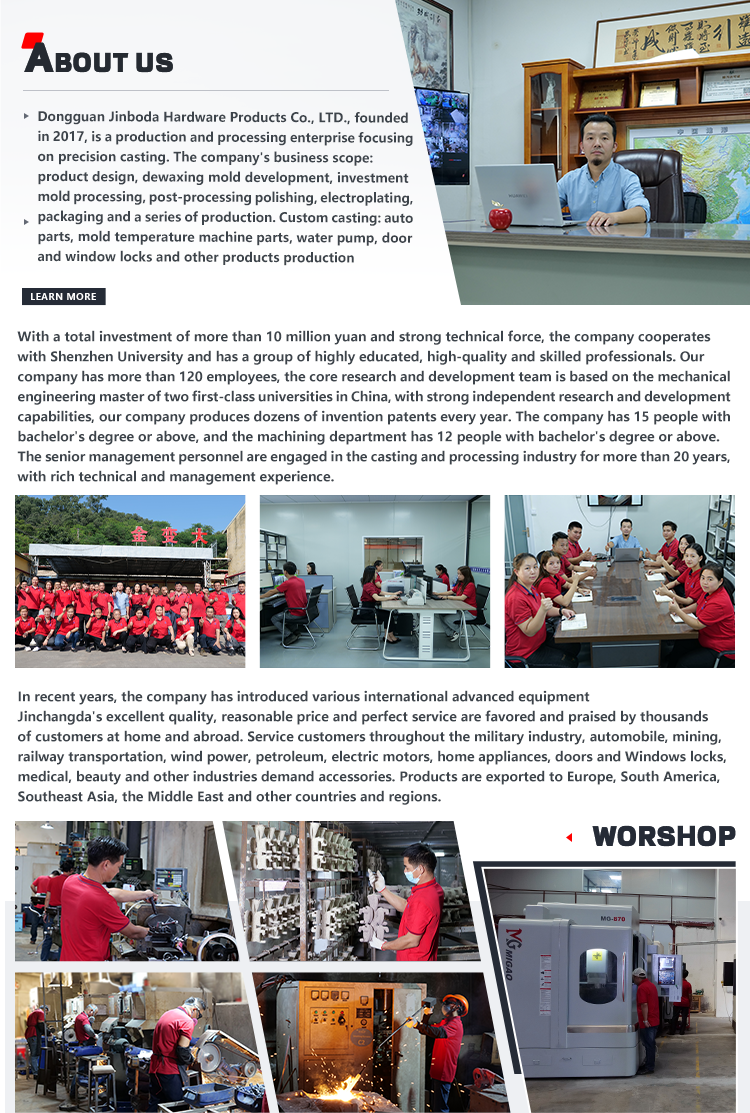The casting process in the building machinery industry has certain environmental impacts that need to be addressed. The production of castings involves the use of energy and raw materials, and can generate waste and emissions. For example, the melting of metals requires a significant amount of energy, and the disposal of waste molds and slag can be a challenge. However, efforts are being made to reduce the environmental footprint of casting. Manufacturers are adopting more energy-efficient melting processes, recycling waste materials, and implementing cleaner production techniques. Additionally, the development of sustainable casting materials and processes is an area of ongoing research. By minimizing the environmental impact, the casting industry can contribute to a more sustainable building machinery sector.
Casting and the Innovation in Building Machinery Design
Casting technology provides opportunities for innovation in building machinery design. With the ability to create complex geometries and integrate multiple functions into a single casting, designers can come up with novel and improved machine designs. For example, the use of hollow castings can reduce the weight of the machinery while maintaining its strength. Cast-in features such as cooling channels or lubrication passages can enhance the performance and reliability of the components. Additionally, casting allows for the customization of parts according to specific project requirements, leading to more tailored and efficient building machinery solutions. Continued innovation in casting will drive the evolution of building machinery design and performance.
Casting and the Global Market for Building Machinery
The casting industry is an integral part of the global market for building machinery. As the construction industry continues to grow worldwide, the demand for high-quality cast components for building machinery is also increasing. Manufacturers need to meet international standards and quality requirements to compete in the global market. The ability to produce cost-effective and reliable castings can give companies a competitive edge. Additionally, globalization has led to the exchange of casting technologies and best practices, promoting the development of the industry. However, challenges such as fluctuating raw material prices and trade barriers also need to be addressed. The casting industry will play a crucial role in supporting the growth and competitiveness of the global building machinery market.
Casting and the Training of Professionals in Building Machinery Industry
The importance of casting in the building machinery industry necessitates the training of skilled professionals. Engineers and technicians need to have a good understanding of casting processes, materials, and quality control to ensure the production of high-quality cast components. Training programs should cover topics such as casting design, mold making, melting and pouring techniques, and quality inspection. Hands-on experience and practical training are also essential to develop the skills required in the industry. Additionally, continuous learning and updates on the latest casting technologies are necessary to keep up with the evolving demands of the building machinery industry. By investing in the training of professionals, the industry can ensure the efficient and reliable use of casting in building machinery production.


































